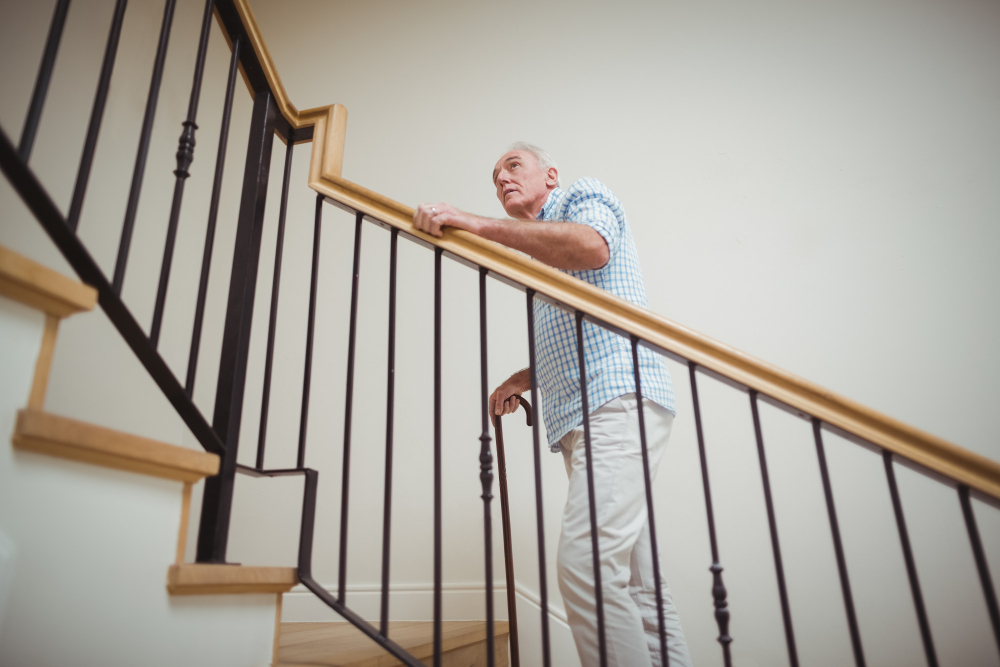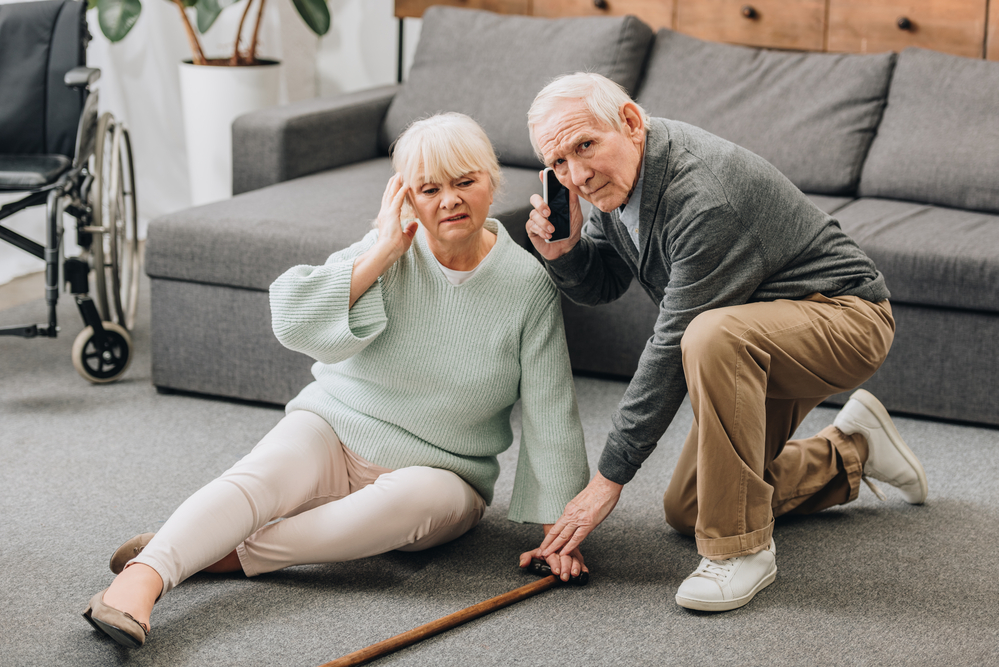In today’s world, ensuring the safety of our loved ones, especially seniors, is a top priority. With advances in technology, we now have devices designed to help monitor and alert caregivers in case of a fall. Two popular devices are fall detection watches and pendants. But how do they compare? And which one is more suitable for your loved one?

Understanding Fall Detection Technology
Before diving into the specifics, it’s essential to understand how fall detection technology works. Both watches and pendants are equipped with sensors that can detect sudden movements or lack of movement, which might indicate a fall. Upon detecting such an event, these devices can alert caregivers or emergency services.
Benefits of Fall Detection Devices
Both watches and pendants offer significant benefits. They provide peace of mind to caregivers, knowing they will be alerted if their loved one falls. For seniors, it offers the assurance that help is just a button away, reducing the anxiety and fear that often accompanies living alone.
Fall Detection Watches: Features and Advantages
Fall detection watches are multifunctional devices that serve as both timepieces and safety tools. They are often equipped with additional features like heart rate monitors, GPS tracking, and fitness tracking. This makes them more than just a safety device, but a comprehensive health monitoring tool.
Pendants: Simplicity and Reliability
On the other hand, pendants are often simpler devices. They are designed primarily for fall detection and emergency alerts, making them easy to use, especially for those who might find technology intimidating. Their simplicity is their strength, ensuring that the primary function is not overshadowed by additional features.
Comparing the Two: Key Differences
While both devices aim to provide safety, there are distinct differences in their functionality and usability.
- Design and Comfort: Watches are worn on the wrist, making them discreet and less likely to be removed. Pendants, worn around the neck, are more visible and might be uncomfortable for some.
- Additional Features: Watches often come with extra features like step tracking, while pendants focus solely on fall detection.
- Battery Life: Typically, pendants have longer battery life as they have fewer functions, while watches need more frequent charging.
Factors to Consider When Choosing
When deciding between a fall detection watch and a pendant, consider the following factors:
- Ease of Use: How tech-savvy is the user? Would they prefer a simple device or one with more features?
- Comfort: Would they wear a watch or a pendant more comfortably?
- Budget: Watches with additional features might be more expensive than simple pendants.
Real-Life Experiences and Testimonials
Many families have shared their experiences with both devices. Some prefer the multi-functionality of watches, while others appreciate the straightforwardness of pendants. Its essential to consider feedback from users and caregivers alike.
Expert Opinions on Fall Detection Devices
Experts in senior care and technology have varied opinions on which device is superior. Some argue for the all-in-one nature of watches, while others point to the reliability and simplicity of pendants.
According to an article on fall detection for seniors, choosing the right device depends heavily on personal preference and specific needs.
Safety First: The Importance of Fall Detection
Regardless of the device chosen, the primary goal is to ensure the safety of our loved ones. Falls can lead to severe injuries, and timely assistance can make a significant difference.

FAQs
Which device is more accurate in detecting falls?
Both devices are designed to be highly accurate. However, the accuracy can depend on the specific model and brand.
Are fall detection devices covered by insurance?
Some insurance plans may cover fall detection devices. It’s essential to check with your provider for specific coverage details.
Can these devices be used in the shower?
Many fall detection devices are water-resistant. However, it’s always best to check the product specifications to ensure safety.
For more information on choosing the right fall detection device, you can refer to the latest research on fall prevention.
In conclusion, the decision between a fall detection watch and a pendant should be based on individual needs, preferences, and lifestyle. Both devices aim to provide safety and peace of mind, ensuring that help is always within reach.
This article contains affiliate links. We may earn a commission at no extra cost to you.






